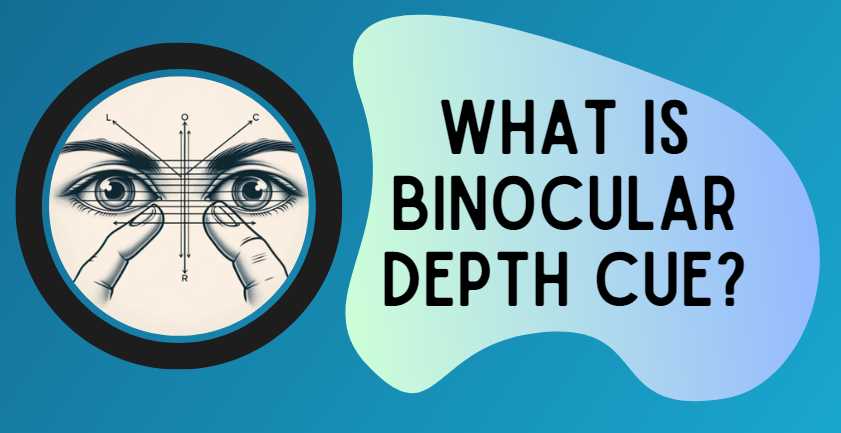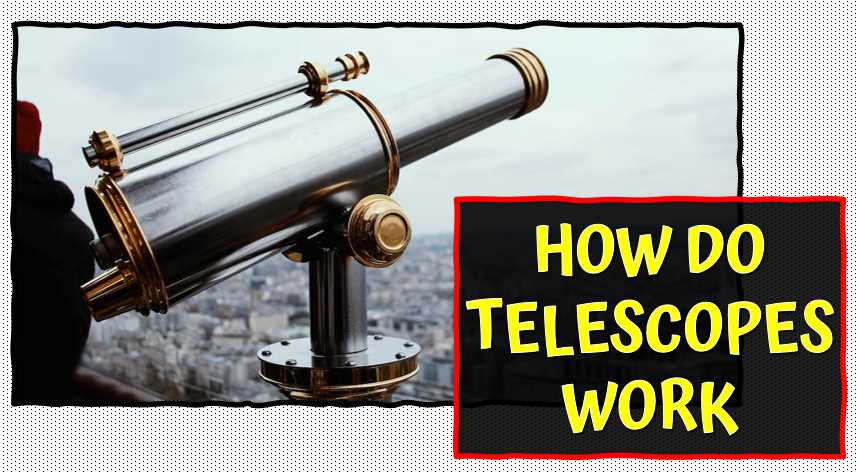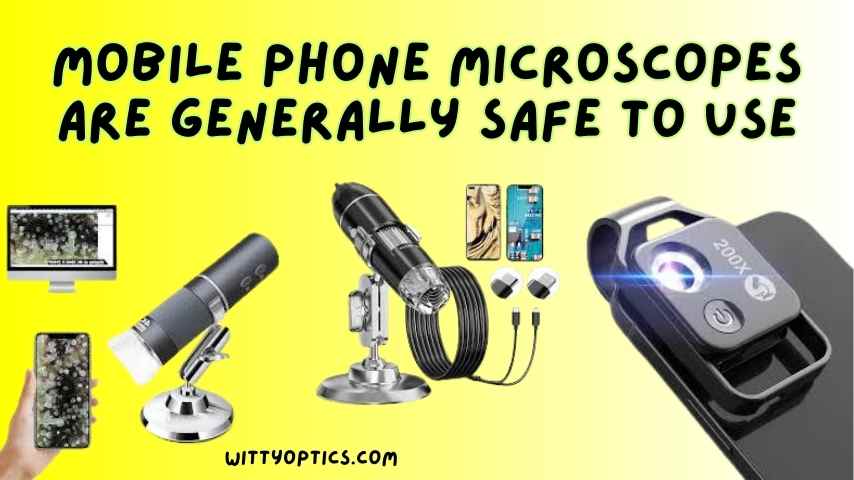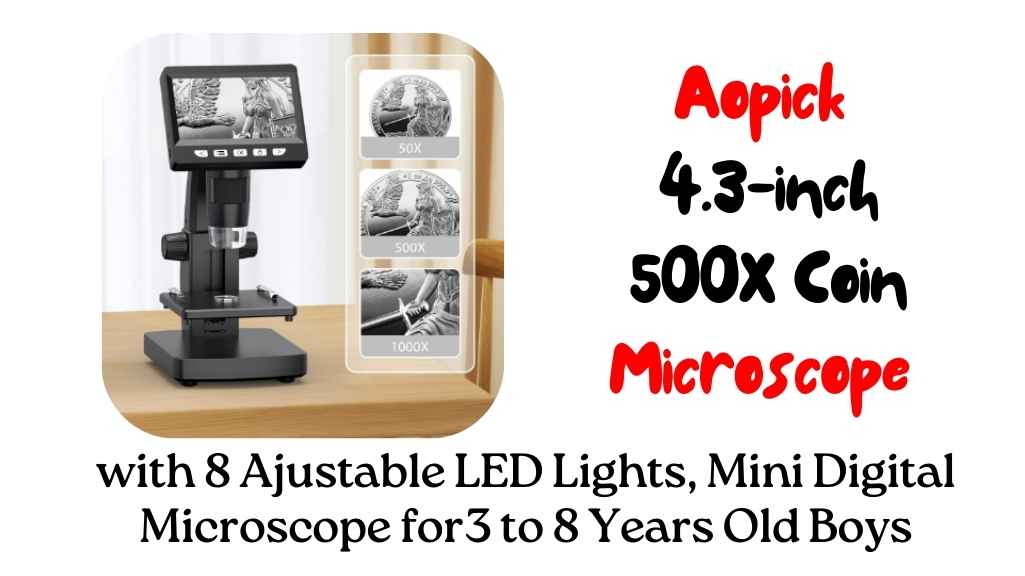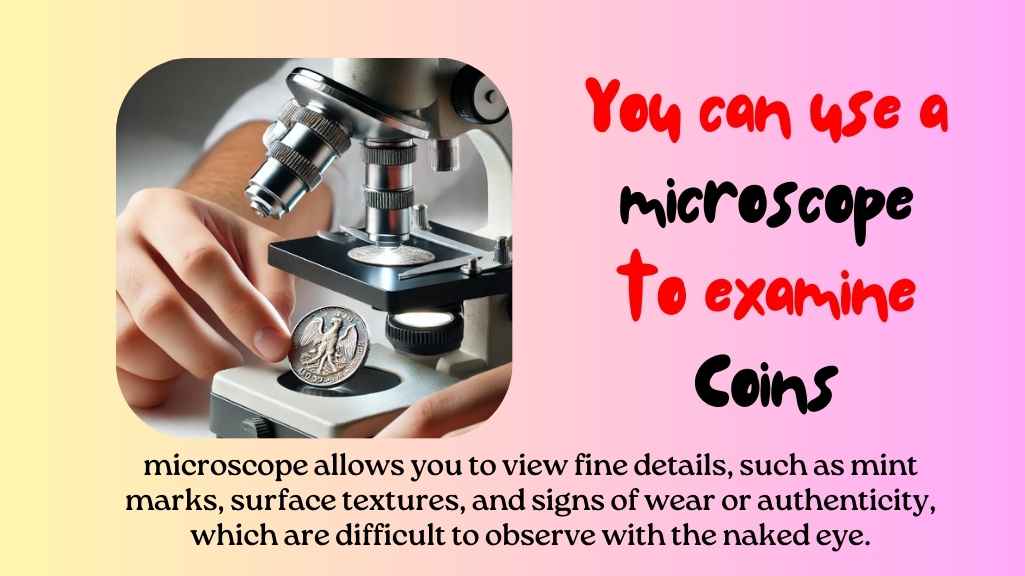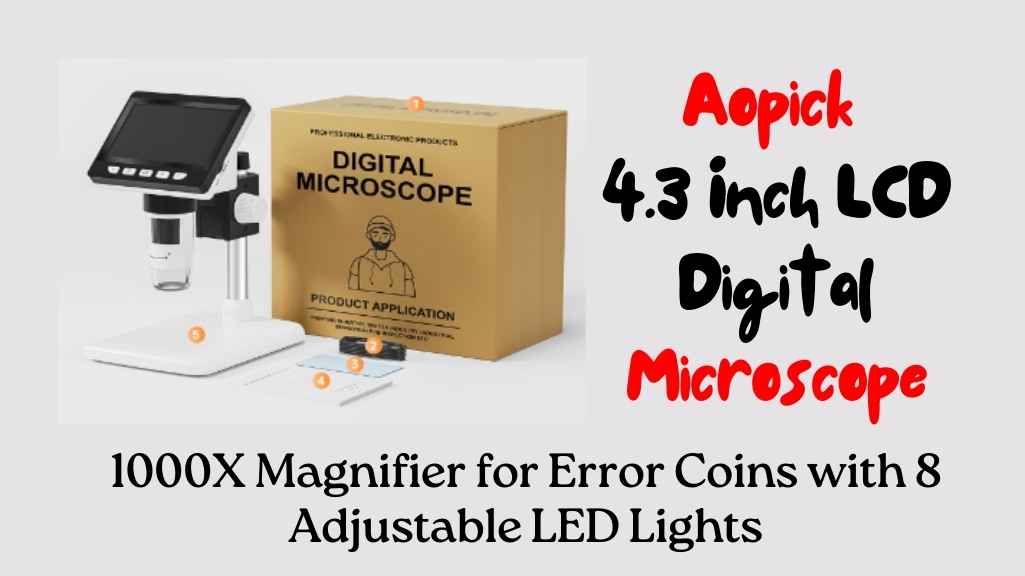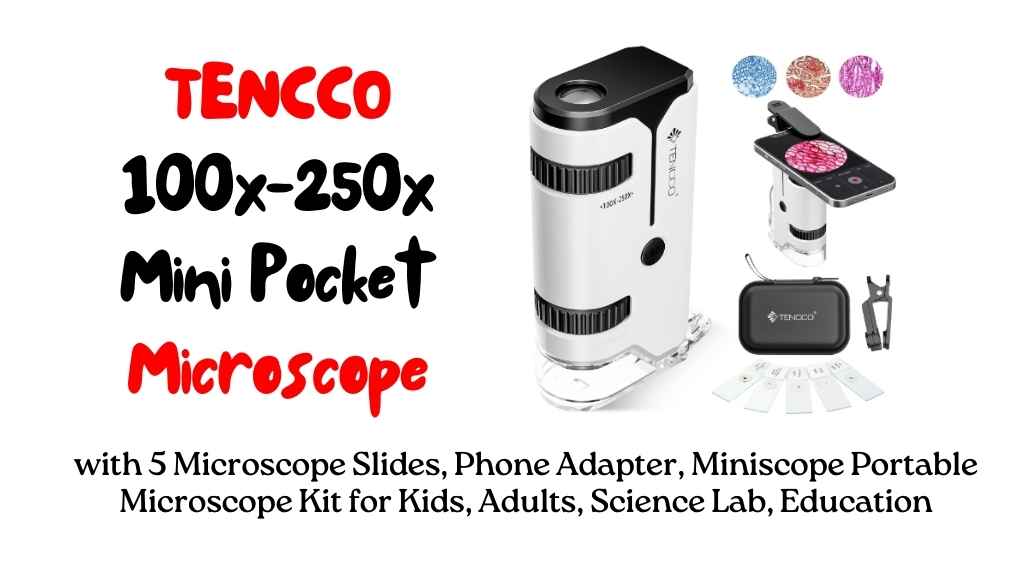How Does a Microscope Work? An In-Depth Guide To Magnification
We all know that magnifying glasses allow us to see more clearly, but what does this mean? A magnification of 100x can make something about 5cm tall look like it’s about 40cm tall. And a microscope lets you see objects that are even smaller than that!The best way to understand the science behind a microscope […]
How Does a Microscope Work? An In-Depth Guide To Magnification Read More »
